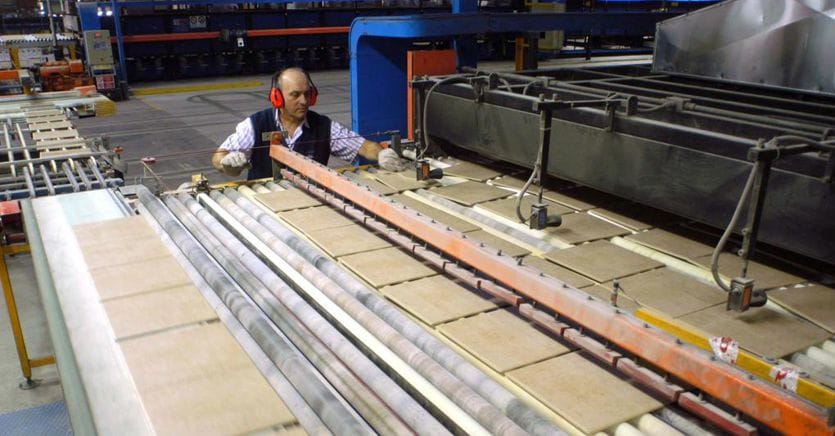A transversal action at a political and geographical level, which sees all the European countries with a ceramic vocation and all the political alignments of these countries engaged in the same direction in Brussels: asking that ceramics be included in the list of sectors that benefit from cost compensation indirect ETS.
The initiative came from an Italian MEP, the Honorable Elisabetta Gualmini, who in her role as president of the European Parliament Ceramics Forum (Epcf), sent a letter to Margarethe Vestager, executive vice-president of the European Commission a few days ago and Commissioner for Competition, to ask for the ceramic industry to be included in the list. The letter was signed by 34 MEPs from seven Member States (Italy, Spain, France, Greece, Poland, Portugal, the Czech Republic) and belonging, as mentioned, to various political groups.
The node of the ETS charges
Many large electricity producers use methane gas for their production processes and therefore emit carbon dioxide in large quantities. To compensate for these emissions, they have to buy ETS quotas (Emission Trading System), the European Union’s system for trading emission quotas, thus paying the “environmental costs” which they then pass on to the sale price to their customers. To reduce the impact of these charges on the most energy-intensive manufacturing industries, the European Union has provided for compensation for some sectors (14 in total), but ceramics, an extremely energy-intensive sector and particularly affected by the energy crisis of the last year.
A considerable damage to the competitiveness of a sector with a strong vocation abroad and which therefore finds itself penalized compared to its non-EU competitors.
A brake on investments and competitiveness
The indirect costs linked to the ETS system contribute in fact to erode the investment capacity of companies, undermine their international competitiveness, put at risk direct and indirect employment and threaten European autonomy in the supply of building materials.
